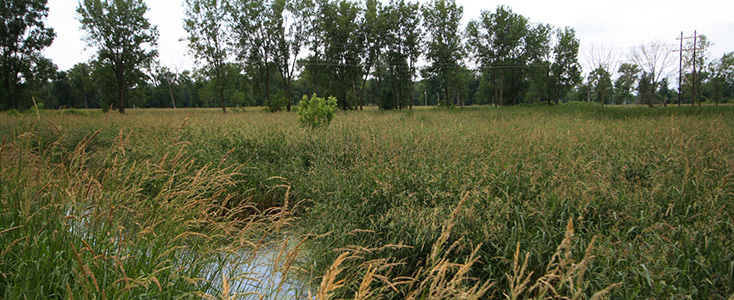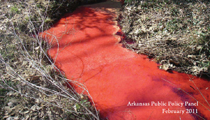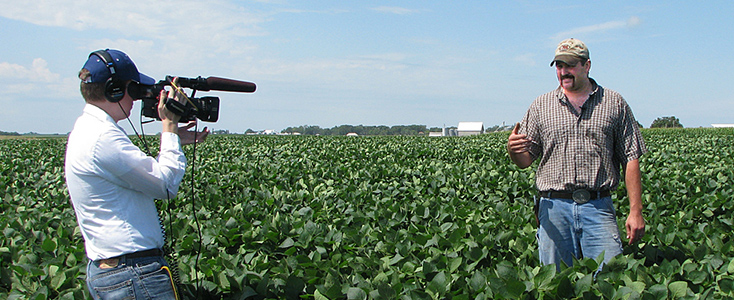Land managers at Wisconsin’s Department of Natural Resources (DNR) have a challenge: creating the ideal habitat for a bird or a trout, without overspending on equipment, herbicides, and routine mowing. Wisconsin’s grass-fed cattle producers face a different problem: limited access to land hampers the expansion of their business.
Winrock International noted that these two problems had a complementary solution. Inspired by its namesake Winthrop Rockefeller, Winrock combines scientific and technical expertise with entrepreneurial innovation to deliver market-based solutions that improve lives around the world.
Sustainability experts at the Wallace Center at Winrock International’s Pasture Project are bringing both land managers and cattle ranchers together for pilot projects at three sites involving 200 acres in La Crosse and Vernon Counties. The projects demonstrate that rotational grazing can deliver valuable economic results: public lands managers can save money by letting cattle control unwanted vegetation, while graziers can expand their businesses.
As important, the grazing has environmental benefits, both by improving wildlife habitat and by creating a powerful economic incentive for graziers to learn how to manage their herds for conservation.
“Many, including me, learned early in our careers as conservationists that cattle are destructive, particularly on stream banks. What we see on the DNR properties is that the opposite can be true. They can be exceptional habitat builders. The impact of cattle totally depends on how they are managed,” said the Pasture Project’s Allison Van.
Wisconsin’s DNR Fisheries Biologist Jordan Weeks says rotational grazing can solve both budget and invasive species challenges. “Managed rotational grazing can be an excellent vegetation management tool, especially when funds for other treatments are scarce,” Weeks says.
The grazing pilots have been garnering attention across DNR. Field days and presentations by the Pasture Project team on the science behind rotational grazing have strengthened the confidence DNR land managers have in the practice. The Pasture Project is currently supporting the WI DNR in finding additional sites appropriate for grazing and introducing them to other conservation-minded graziers.


